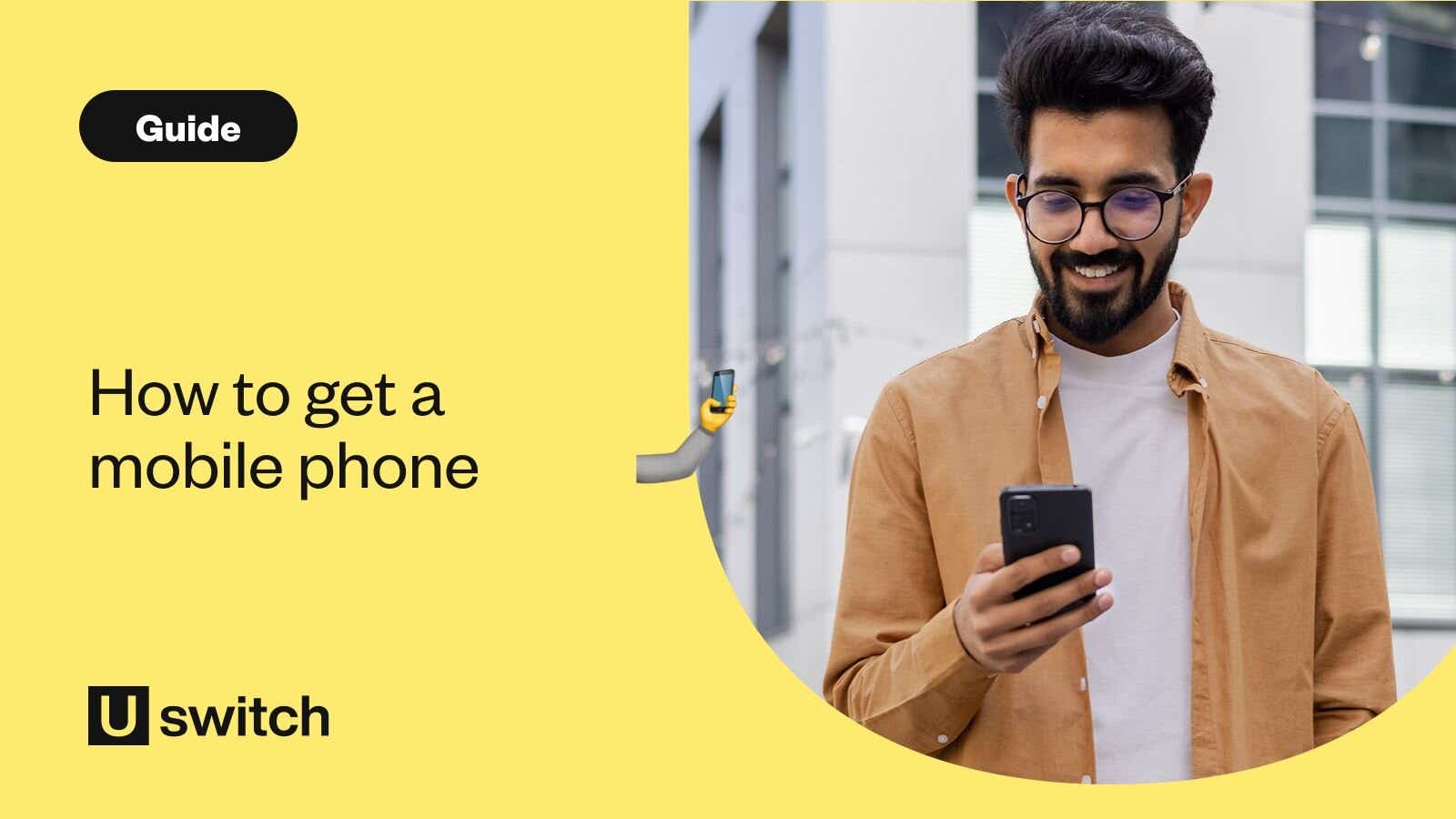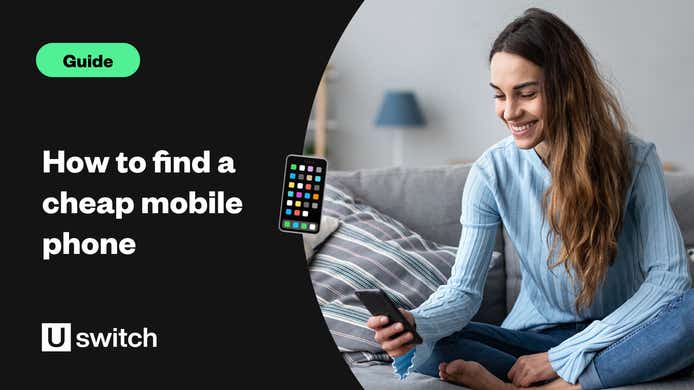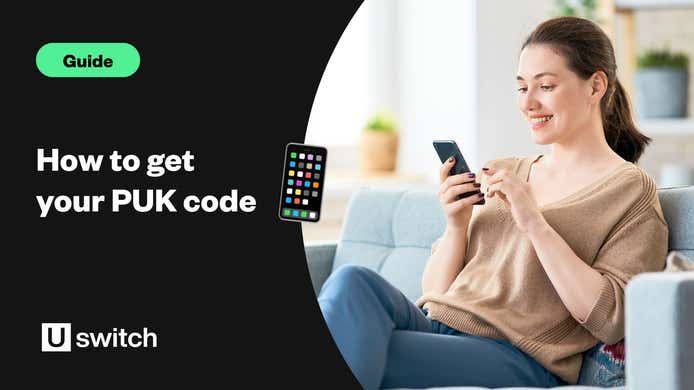If you’ve just moved to the UK, or are visiting from abroad, you’ll no doubt want to get a mobile phone ASAP. This will help you stay in touch with friends and family and allow you to connect with all the new people you meet in the UK.
It’s pretty easy to get a mobile phone up and running in the UK. In this guide, we’ll tell you everything you need to know, whether you just need a new SIM or if you need a whole new phone as well.
We’ll also talk you through your options for UK networks, the different deals that are available and what kind of phone would be best for you.
Getting started
Maybe you’re moving over to the UK for work, or maybe you’re just visiting for a short holiday. Either way, you’ll want a phone to stay connected. This section will cover your main options for a number of different circumstances.
Do you need a new phone?
UK mobiles use the GSM (Global System for Mobile Communications) standard. If you’ve arrived in the UK from a country that also uses GSM mobiles – which is most of Europe – chances are it will work in the UK, and all you’ll need is a new SIM card.
However, some international phones won’t work in the UK. In this case, you’ll need to have it unlocked or buy a UK phone once you’ve arrived.
Where to buy a new SIM card
Buying a SIM card is simple. They’re sold in high-street shops, online stores, and directly from mobile networks. However, the easiest way to get a UK SIM card is online, either directly from a network or via price comparison sites like Uswitch, where you can purchase a SIM card within minutes.
If you’re only buying a SIM card, you need to decide whether you want pay as you go (PAYG), a contract or a SIM only deal.
PAYG vs contract vs SIM only: Which type of SIM is for you?
With PAYG, you only pay when you use your phone, whether it’s for making calls, sending texts or using mobile data for things like web browsing or emailing. You top up your SIM with credit vouchers which are usually sold in £5 increments. You can buy these online or in shops.
A mobile phone contract locks you in for at least 12 months, and sometimes as long as 36 months.
They can come with generous minutes, texts, and data allowances, though they are more expensive month by month as they spread the cost of the phone over the length of the contract. However, they can be a good choice if you need a new phone and can’t afford to buy one outright.
Compare mobile contracts and SIM only deals
Browse our best contract deals for the latest handsets or save money with a cheap SIM only offer.

How to buy a new SIM card
SIM only deals are the best of both worlds. While technically a contract, you’re only locked in for a short time (usually around 30 days), so you can change it without much hassle. And prices start at as little as £5 a month. You’ll need to get a phone separately, which can be a big outlay if you need to buy one upfront, but handy if you already have one you're happy to use.
Think about how you will use your phone and find the cheapest option. For example, if you call another country frequently, a Wi-Fi calling option could be best, while if you stream films and TV shows on the go, you’ll need a hefty data allowance.
Some SIM only deals don’t require a credit check, which is useful if you’ve only just arrived and don’t have a UK credit history.
How to use international SIMs in the UK
If you’re only visiting the UK for a short time, an international travel eSIM card might make more sense than a dedicated UK SIM. These support both your phone number in your native country and the country you are travelling to. They let you use your phone in other countries just as you would in your home nation, though calls can be expensive. You can compare a range of travel eSIM deals on Uswitch to find the perfect one for you in the UK or abroad.
SIM cards from other EU countries aren’t subject to international roaming charges since they were abolished in 2017. Hence, calls should cost the same as at home. However, now that the UK has left the EU, charges do apply. Also, SIMs from outside the EU will be subject to roaming charges, so shop around and see if you can find one in your home country that offers calls at reduced rates.
Compare Travel eSIM deals
Browse a range of travel eSIM deals for selected destinations such as the UK, USA, Turkey and more.

Should you buy a dual-SIM phone?
Dual-SIM phones let you use two SIM cards in a single device. While they’re popular with people using separate phone numbers for business and personal calls, they’re also useful if you travel between countries a lot and want to have a local SIM on you. They also mean you don’t have to swap phones when you travel.
Dual-SIM phones are popular in other countries but are quite rare in the UK. We’ll talk about them more in a bit.
How to unlock a phone in the UK
If your phone isn’t compatible with the UK’s GSM network, you’ll need to either get it unlocked or buy a new one. Unlocking your phone is much cheaper than buying a new one, so it’s definitely worth considering.
It’s a relatively straightforward process. However, some mobile networks will only unlock your phone once you’ve owned it for a certain period (e.g., 12 months), and some charge a fee.
Modern phones can be unlocked relatively quickly, but older handsets may take a little longer. Contact your phone provider to find out the process, how long it would take and whether they would charge.
Which phone/SIM is best for you?
Now that you know the basics, it’s time to see what deals are available and which phone best suits you.
Which phone should you buy?
Phones vary wildly in price from just a few pounds to well over £1,000. Obviously, there’s a big difference in what they can do, so think about what you will use it for. If all you’re doing is making calls and sending the odd text message, a high-powered smartphone might be more than you need. Instead, you could be much better off with a cheaper, more basic phone.
If you’re playing games and using apps a lot, as well as calling, texting and using social media, a more advanced handset like the Samsung Galaxy S25 Ultra or Apple iPhone 16 Pro might be for you. These are among the fastest around, so you won’t have to wait for apps to load, and they can easily handle graphically advanced games and 4K video streams.
Which dual-SIM phones are available?
The dual-SIM phones available in the UK are made mainly by less well-known companies like OnePlus, Xiaomi, and OPPO.
The Samsung Galaxy 25 is one of the best dual-SIM handsets available in the UK. But you should also check out the Google Pixel 9 and, at the cheaper end of the market, the Samsung Galaxy A26.
Which mobile network is for you?
Once you’ve decided whether you need a new phone and whether a pay-as-you-go contract or SIM-only deal is right for you, it’s time to pick a mobile network. There are four main ones and a host of MVNOs (mobile virtual network operators) that use the networks as the main operators.
In this section, we’ll deal with the main operators. To find out more about MVNOs, check out our guide.
O2
O2’s 4G coverage reaches 97% of the UK population. It offers customers various perks like free coffee, cheap meals, and discounts at top attractions. You can also book exclusive and priority access tickets to gigs at O2 venues up to 48 hours early.
If you want a pay monthly phone, you’ll have to pay at least £16 a month. PAYG handsets can be had for as little as £1.50. Want SIM only? Thirty-day contracts start at £8 a month for 32GB of data, unlimited minutes, and texts.
Three
Some Three plans include a feature called Go Binge, which lets you stream as much video and audio as you like from Netflix, Deezer, SoundCloud and TV Player without using any of your monthly data allowance. Three gives customers all kinds of rewards through its Wuntu app, and if you’re on an Advanced plan, you can tether using your data allowance so your mobile works as a personal wi-fi hotspot.
Prices? Pay-monthly phones start at £7, while PAYG handsets start at £34.99 (plus £10 credit). Thirty-day SIM-only plans start at £5 a month for 3GB of data and unlimited calls and texts.
Vodafone
Vodafone customers on eligible plans can get a free Now TV Entertainment Pass or a subscription to Spotify Premium, Amazon Prime Video, or the Sky Sports Mobile TV app for the duration of their contract.
Pay-monthly phones start at £13 a month, while PAYG handsets start at just £1 (plus at least £10 credit). Thirty-day SIM only plans start at £7 a month for 6GB data, with unlimited texts and minutes.
Compare Vodafone SIM only deals
MVNOs
You can compare prices for MVNOs using the links below.
Compare SIM only deals
Browse our full range of SIM only mobile deals on Uswitch.



